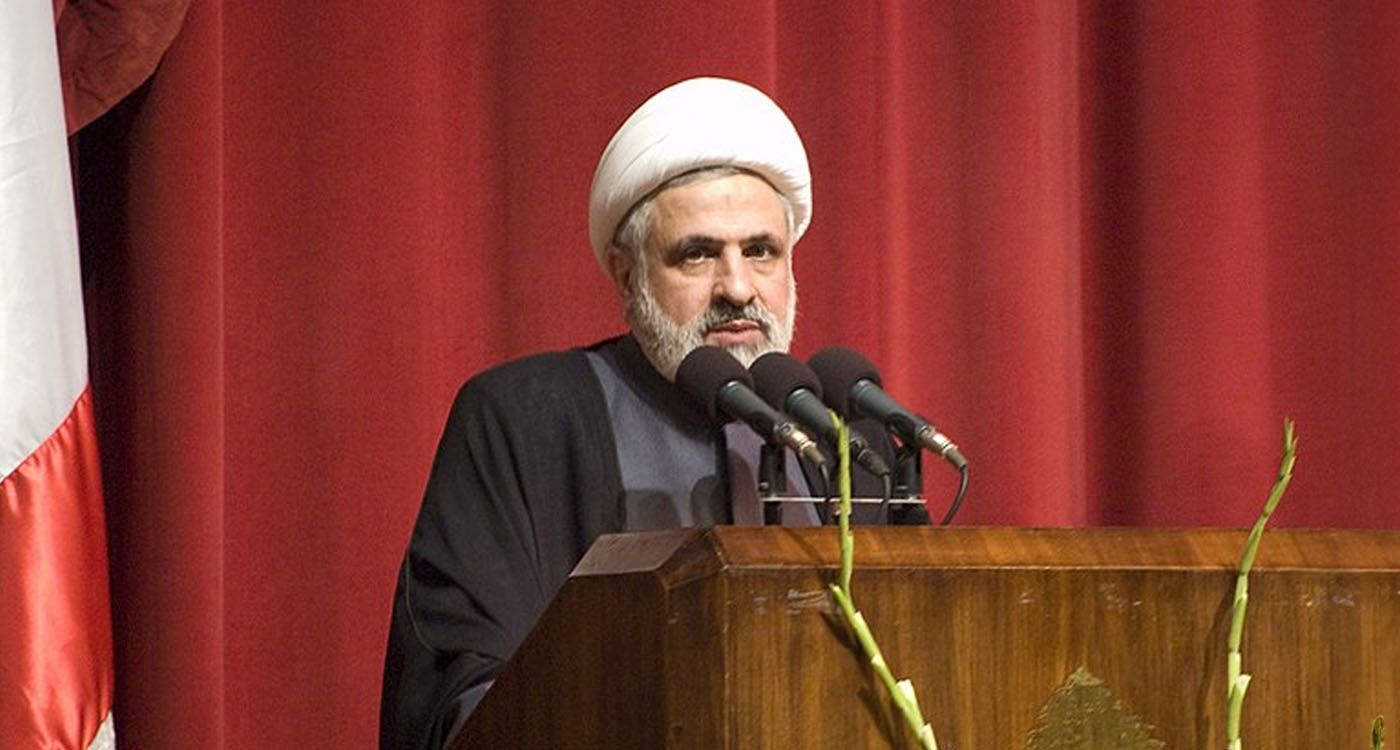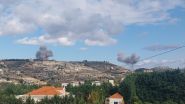
Hezbollah's Secretary General Naim Qassem’s remarks, criticism of the Army Commander’s presidential prospects, and targeting of the anticipated settlement and Resolution 1701 can only be answered in kind. Before accusing the army of falling short, Qassem should tell us: What has the resistance offered, besides martyrs, displacement, destruction, and turning the South and Beirut’s southern suburbs into scorched earth? Let him also tell us where it has protected Lebanon while the enemy roams freely between villages. And let him explain what victories he speaks of when the battlefield is drenched in Lebanese blood!
“Polite” [Sheikh] Naim Qassem might have preferred a career as a chemistry teacher, or perhaps he would have remained content as Deputy Secretary-General. Back then, we might have welcomed his “light” appearances, his intellectual statements and his “modern” positions, like his 2017 statement attacking women who are “adorned” or divorced!
Naim Qassem’s political stances don’t linger in memory; as a tense figure, his words don’t carry weight. Throughout his career, he was content with a shadow role behind Hezbollah’s former Secretary-General, Sayyed Hassan Nasrallah, who skillfully managed him, covering his deputy’s recklessness with diplomacy.
Qassem, having been appointed as Nasrallah’s successor only days ago, appeared a second time, as though eager for us to accept him as Secretary-General. He seemed tense, contradictory, spouting scattered thoughts that spoke neither to the mind nor to the heart!
Qassem’s issues aren’t only with opponents, but also with his own base. Those who once chanted “For the sake of the Sayyed,” now criticize him in private circles, as most of Hezbollah’s base doesn’t see him as “the Sayyed” they admire.
Leading Hezbollah was a position too big for Qassem, too heavy. Even the seat seems too wide for him; the frame he tries to present appears faint, and the tone of voice he occasionally tries to raise grates, unlike the impact of his predecessor Sayyed Hassan Nasrallah’s speeches.
Qassem, who has raised the banner of “victories” and contradicted his earlier stance on the US elections, comes across as someone unfamiliar with the field and out of touch with politics. He merely echoes speeches likely written in Iranian ink or improvised—and poorly at that.
Beyond the victory fanfare and the rhetoric of defeating the enemy, Qassem criticized the army in his speech. We ask, by what right does he issue such criticism? When has it ever been appropriate for a “mini-state” to have the audacity to judge the State? And Qassem didn’t stop there, he even went as far as to demand clarifications and cast doubt on the army’s capabilities!
Qassem’s words can be understood in two ways: first, targeting the Army Commander’s presidential chances, and second, aiming at the anticipated settlement and Resolution 1701. His comments can only be answered in kind. Before accusing the army of failure, let him tell us, what has the resistance contributed, besides martyrs, displacement, destruction, and turning the South and southern suburbs into scorched earth? And where has it protected Lebanon while the enemy roams between the villages?
And let him explain what victories he speaks of when the battlefield is drowning in Lebanese blood!
It would be better if Naim Qassem stepped down and if a “polished” figure capable of dialogue and respectful of the State took his place. The next phase demands calm, and the party’s future as a political party doesn’t align with Qassem, his image and his ideas!
The party needs a “refresh,” starting from the top down...



Comments